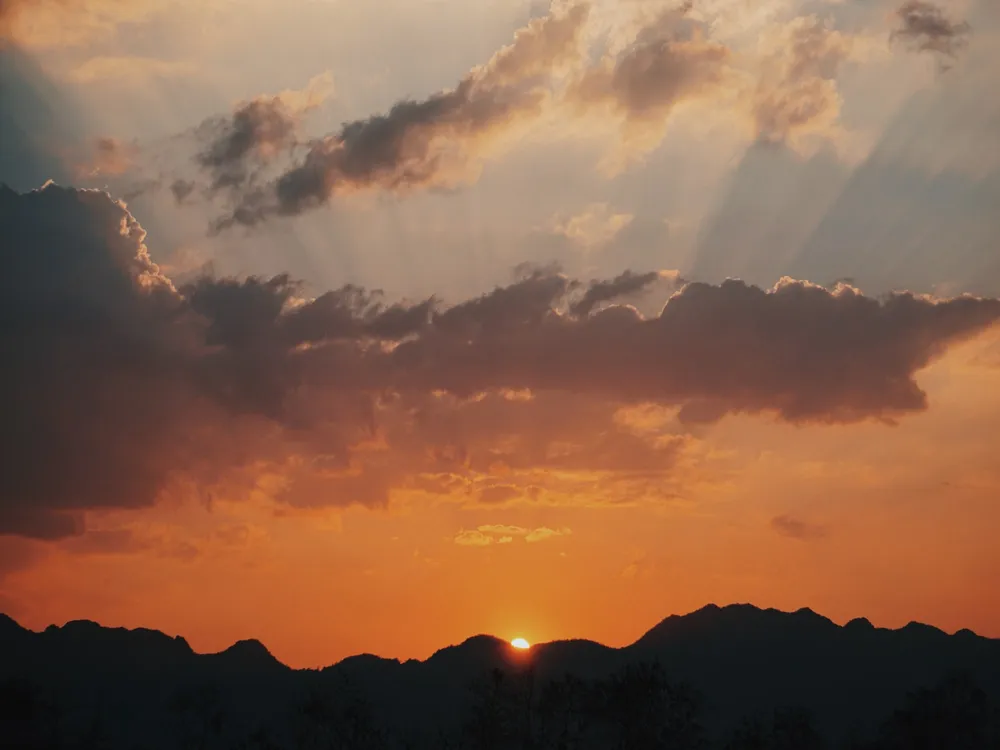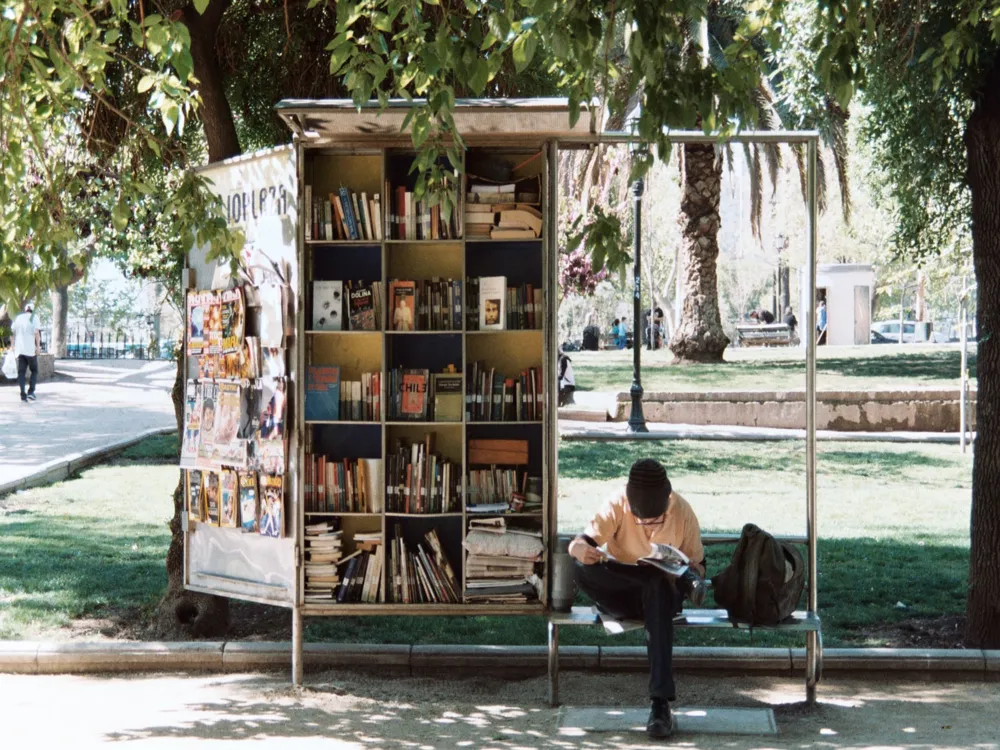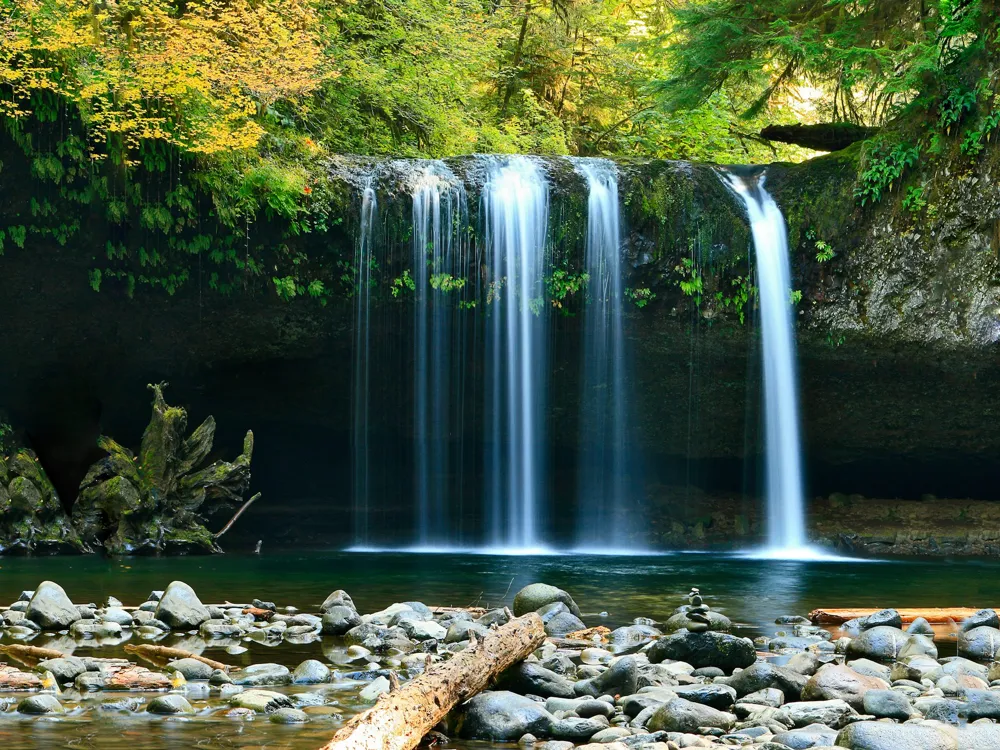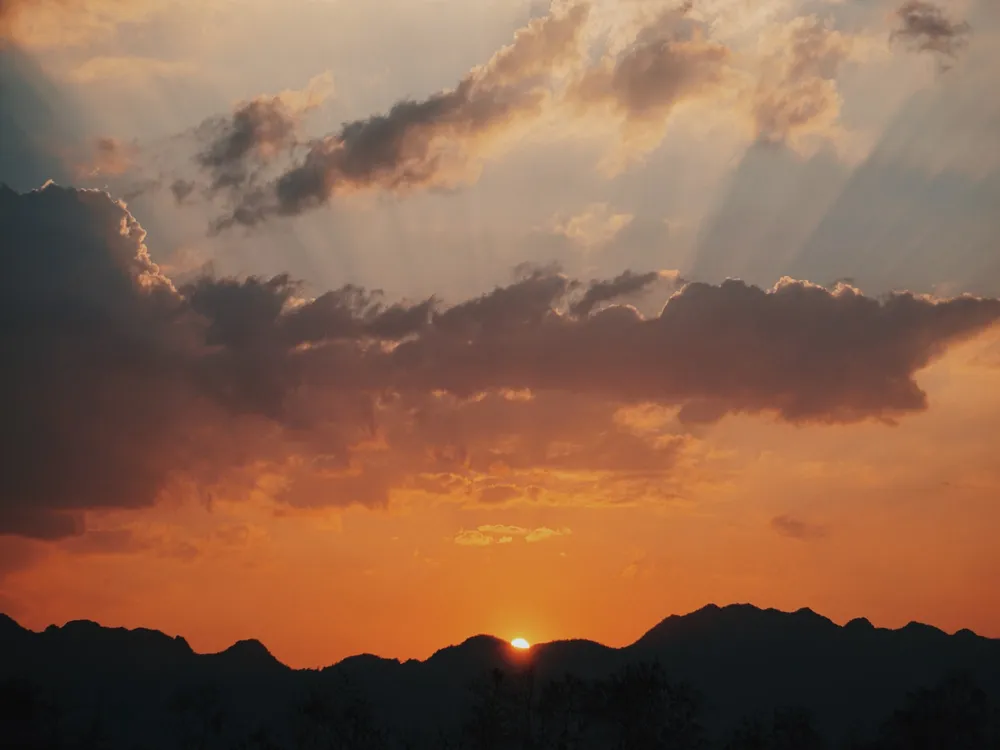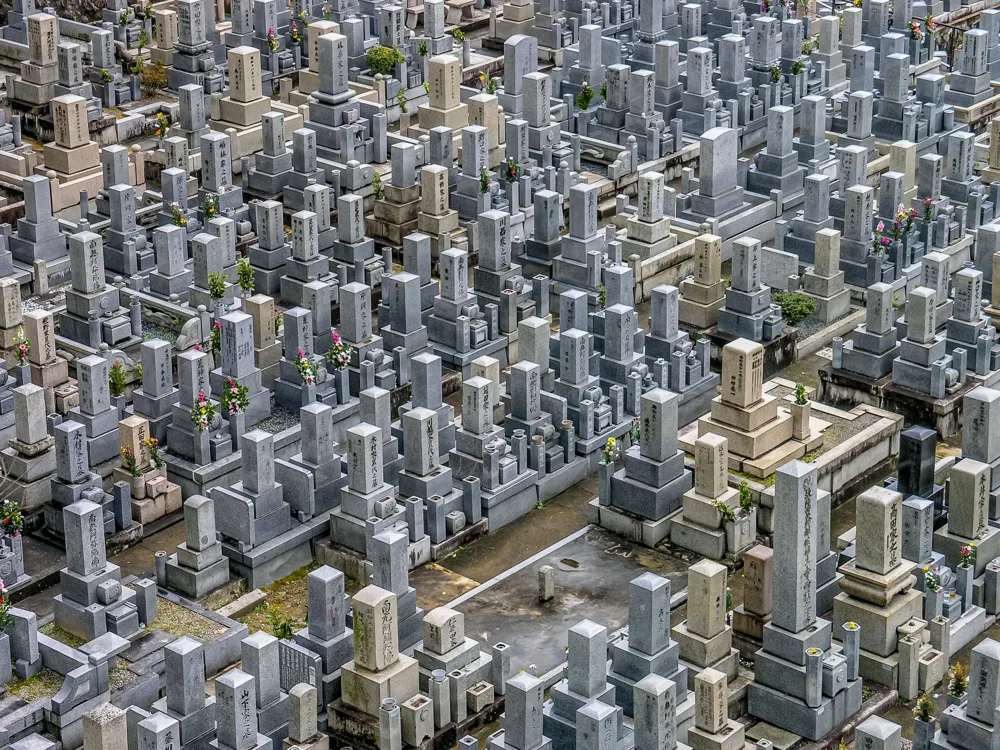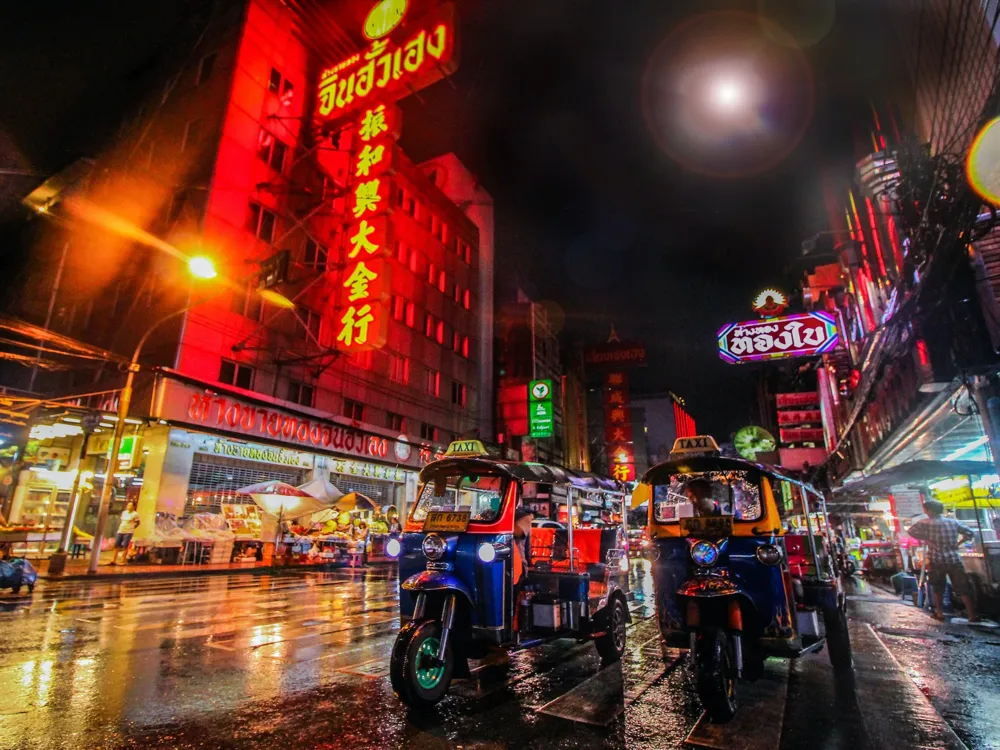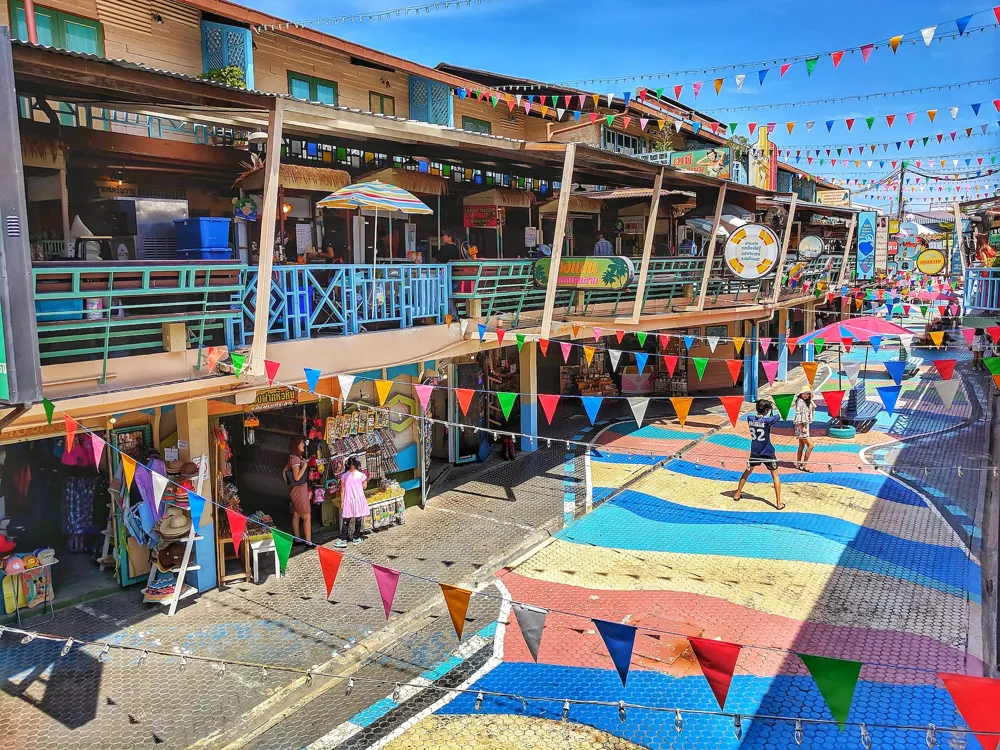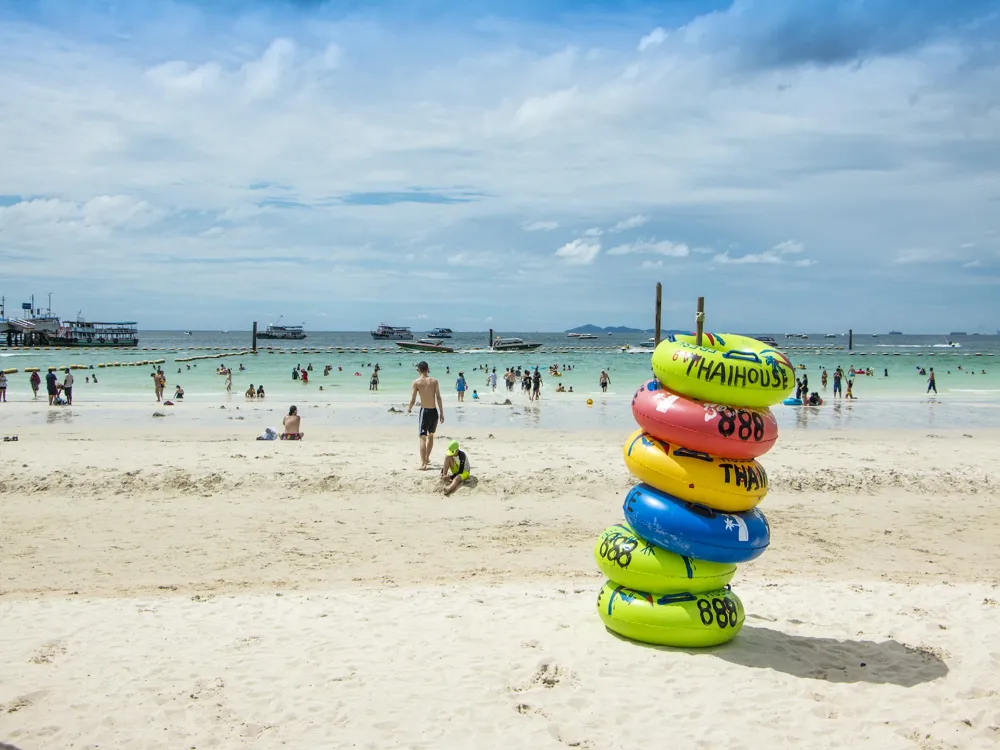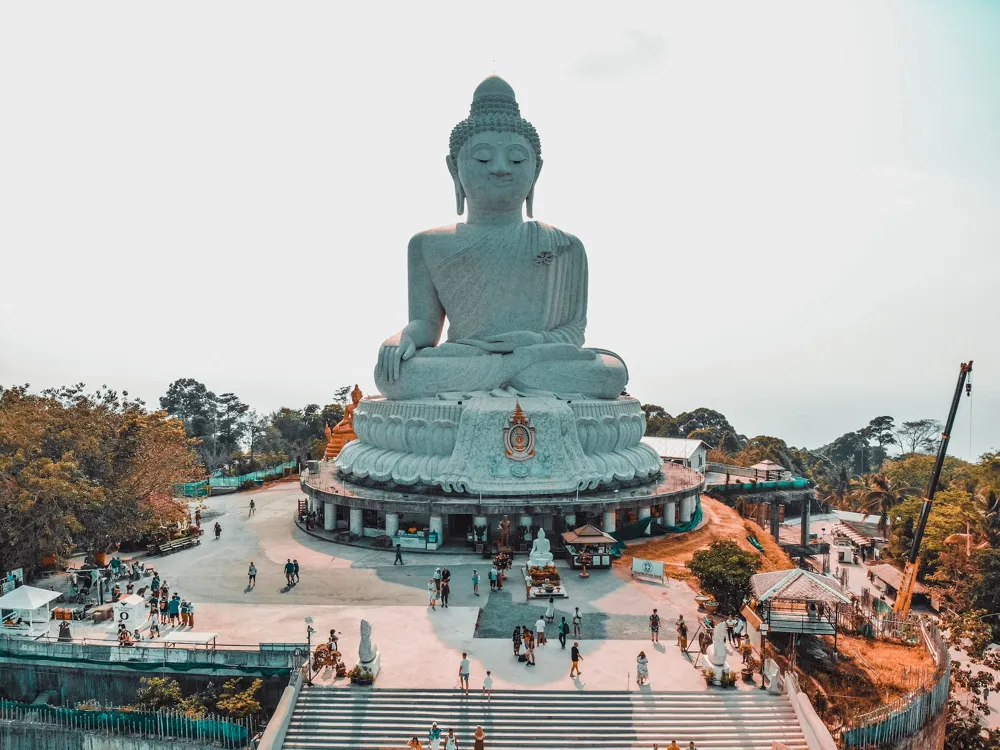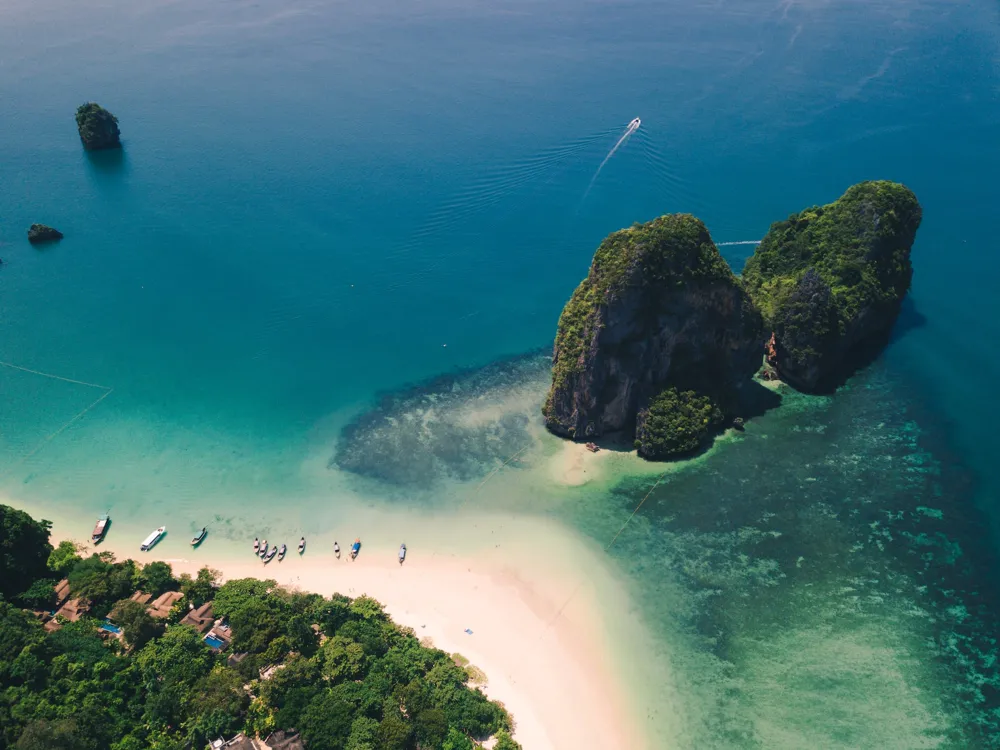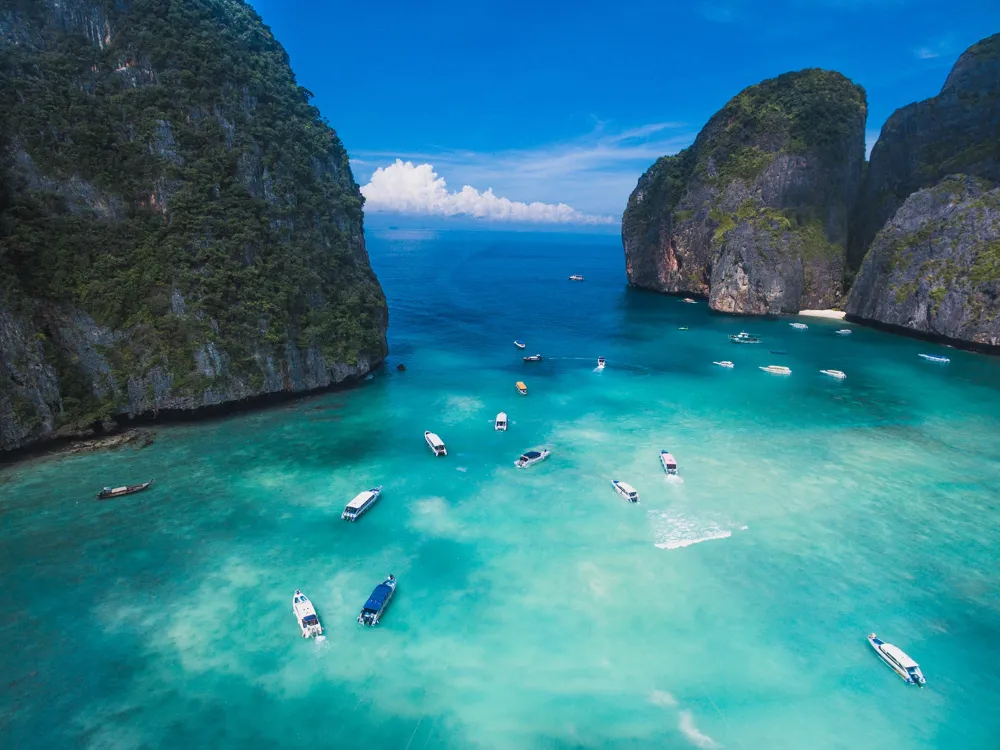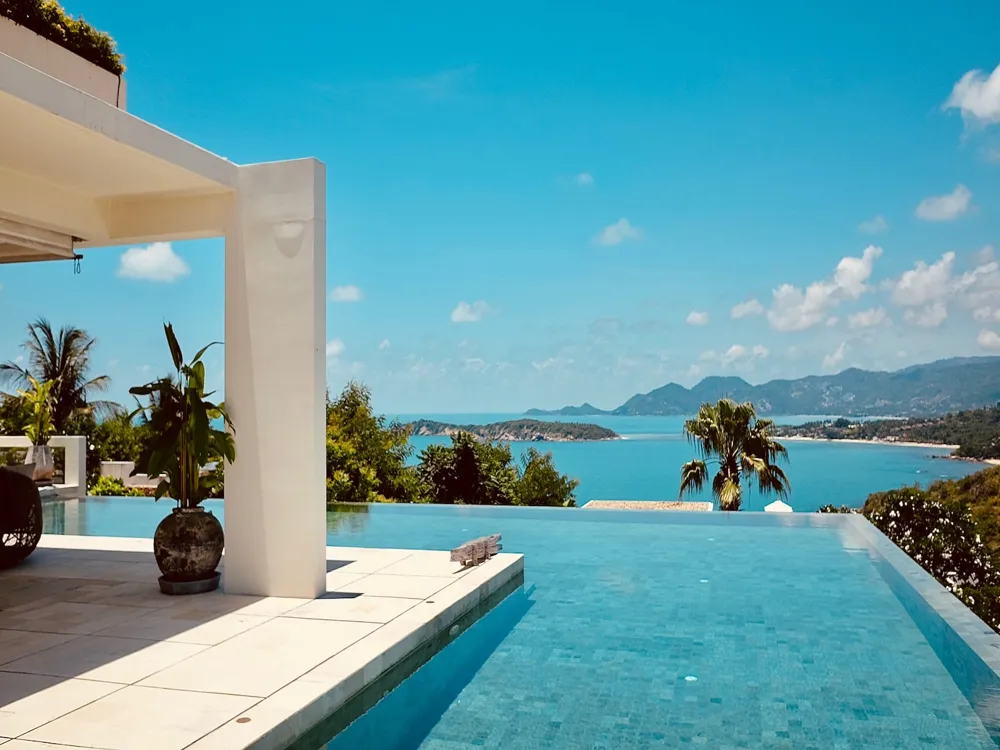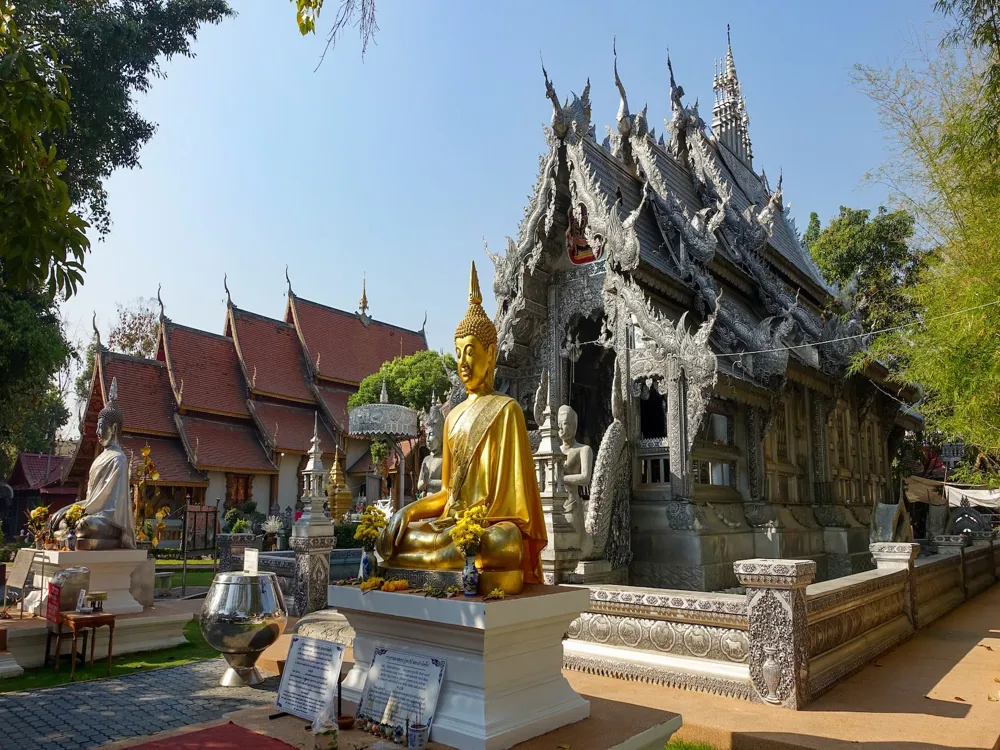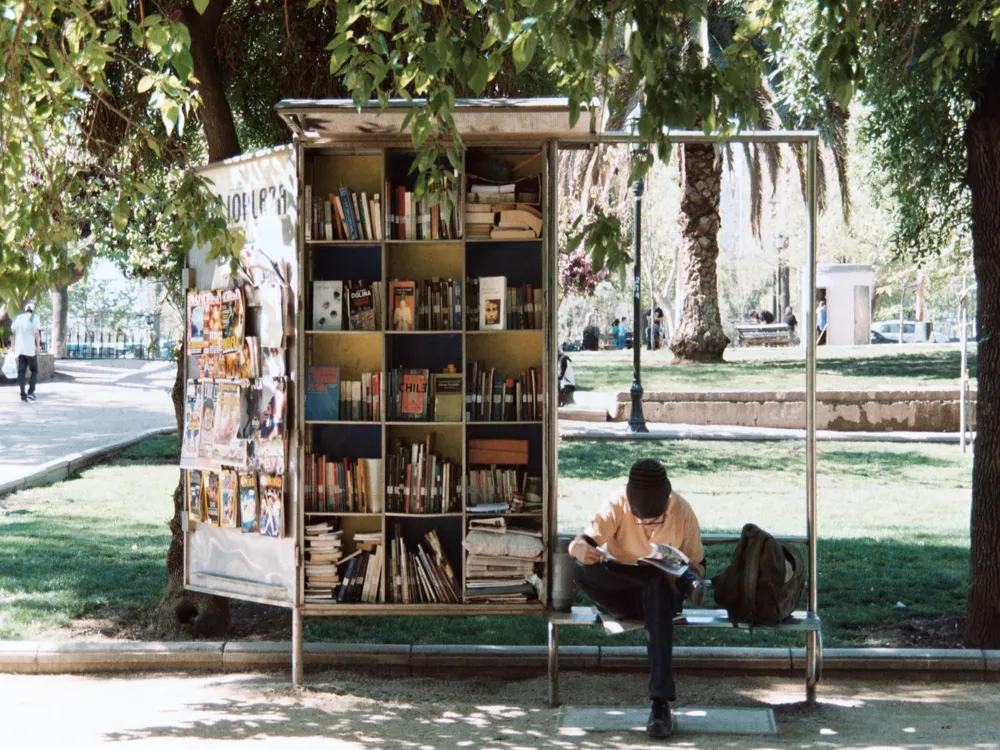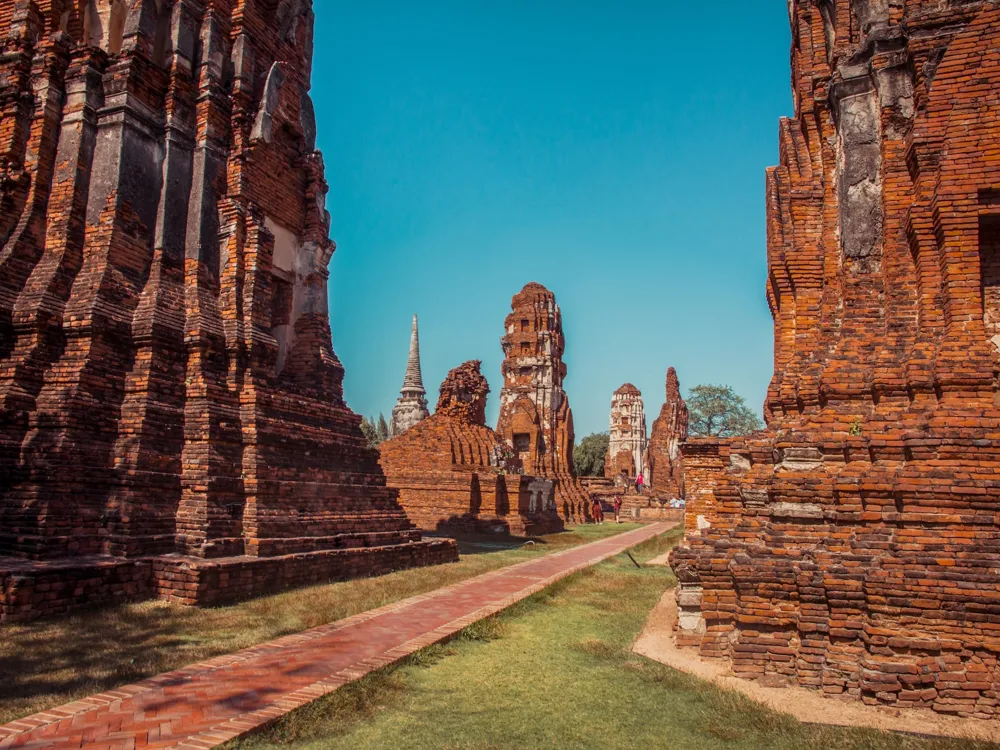The Bridge on the River Kwai, also known as the Death Railway Bridge, is a significant historical landmark located in Kanchanaburi, Thailand. This bridge, steeped in history, stands as a poignant reminder of the thousands of prisoners of war (POWs) and Asian laborers who lost their lives during World War II while constructing the Burma Railway. The construction was part of a strategic military project by the Japanese army to create a supply route from Thailand to Burma (now Myanmar), aiming to support their forces in the Southeast Asian theater of war. The bridge gained international fame through the 1957 epic war film, 'The Bridge on the River Kwai,' which brought the tragic story of its construction to a global audience. The Bridge on the River Kwai is not just a historical site but also a symbol of peace and resilience. Today, it attracts thousands of tourists annually, who come to pay their respects and learn about this significant chapter in history. The bridge's setting, amidst the scenic landscapes of Kanchanaburi, adds to its allure, making it a must-visit destination for those interested in history, culture, and natural beauty. The architecture of the Bridge on the River Kwai is a testament to the extreme conditions and limited resources under which it was constructed. Originally, the bridge consisted of a wooden structure, hastily built using primitive tools and methods. However, due to its strategic importance, it was later replaced with a more durable steel construction. The bridge spans approximately 300 meters across the Kwai Yai River and is characterized by its distinct, arched, black steel design. The bridge's design reflects a mix of influences, primarily utilitarian military engineering. It had to be robust enough to support heavy railway traffic, including the transportation of troops and supplies. The arched spans are a notable feature, offering both strength and an aesthetic quality to the otherwise stark structure. Over time, the bridge has undergone several restorations to preserve its integrity, but it still retains the essence of its original construction, serving as a living museum of engineering, history, and human endurance. - Best Time to Visit: The ideal time to visit the Bridge on the River Kwai is between November and February when the weather is cooler and more pleasant. - Duration of Visit: Allocate at least 2-3 hours for your visit to fully explore the bridge and the nearby museums. - Remember, the bridge is a war memorial. Please maintain a respectful demeanor throughout your visit. - Photography is allowed, but avoid disruptive behavior, especially during memorial services or ceremonies. - Nearby Attractions: Visit the JEATH War Museum and the Kanchanaburi War Cemetery for a deeper understanding of the bridge's history. - Local Cuisine: Try local Thai delicacies in the restaurants around the bridge area. The Bridge on the River Kwai is accessible by various modes of transportation. Visitors can reach Kanchanaburi by bus, train, or car from Bangkok. The most scenic and historical route is by train, which runs along part of the original Death Railway track. The journey offers a unique opportunity to experience a piece of history while enjoying the picturesque landscapes of rural Thailand. Once in Kanchanaburi, the bridge is a short drive or a leisurely walk from the town center. Local taxis and tuk-tuks are readily available for convenient transportation. Read More:Overview of the Bridge On The River Kwai (Death Railway Bridge) in Kanchanaburi
Architecture of the Bridge On The River Kwai (Death Railway Bridge)
Tips When Visiting the Bridge On The River Kwai (Death Railway Bridge)
Planning Your Visit
Respecting the Site
Exploring the Surroundings
How To Reach the Bridge On The River Kwai (Death Railway Bridge)
Bridge On The River Kwai (Death Railway bridge)
Kanchanaburi
₹ 24,500 onwards
View kanchanaburi Packages
Also Refered As:
River Kwai Bridge
Kanchanaburi Travel Packages
View All Packages For Kanchanaburi
Top Hotel Collections for Kanchanaburi

Private Pool

Luxury Hotels

5-Star Hotels

Pet Friendly
Top Hotels Near Kanchanaburi
Other Top Ranking Places In Kanchanaburi
View All Places To Visit In kanchanaburi
View kanchanaburi Packages
Also Refered As:
River Kwai Bridge
Kanchanaburi Travel Packages
View All Packages For Kanchanaburi
Top Hotel Collections for Kanchanaburi

Private Pool

Luxury Hotels

5-Star Hotels

Pet Friendly


/bridge-on-the-river-kwai-death-railway-bridge-slider-1.webp)
